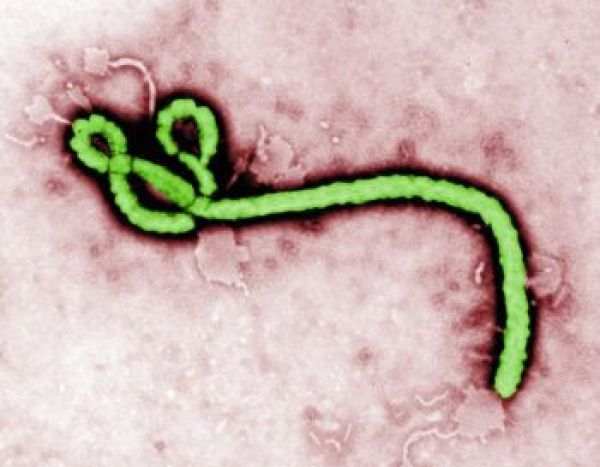Civil unrest may have worsened the ongoing Ebola outbreak in the Democratic Republic of Congo (DRC), according to a new study by Texas A&M College of Veterinary Medicine & Biomedical Sciences researcher Dr. Martial Ndeffo.
Published in the Proceedings of the National Academy of Sciences of the United States of America (PNAS), the research team—including scholars from Yale University, the University of Florida, and the University of Bordeaux—found that disruptive events, such as attacks on Ebola treatment centers and healthcare workers, reduced population-level vaccine effectiveness in the DRC by 43 percent.
Prior to disruptive events, the population-level vaccine effectiveness was estimated to be 52 percent; in the observed period of conflict, it was estimated to reach a minimum of 4.8 percent.
The eastern DRC is facing one of its most severe Ebola outbreaks on record, with 2,084 cases and 1,405 deaths since April 30, 2018. The country also is currently engulfed in conflict surrounding politics, ethnicity, land ownership, and economics. The mining regions of North Kiva and Ituri face conflict from more than 70 armed groups.
Continue reading at Texas A&M University
Image via Texas A&M University


